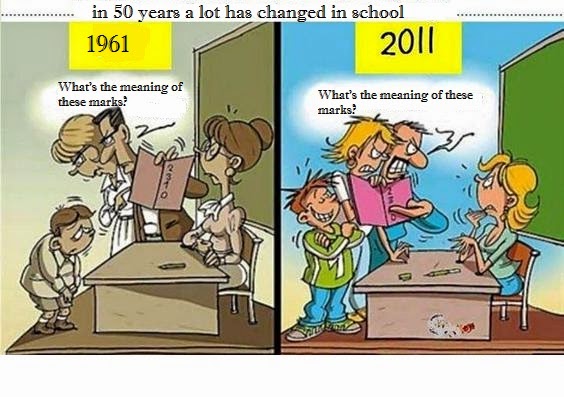The Education Review Office have recently published a trial document called "School Evaluation Indicators: Effective Practice for Improvement and Learner Success". As the name suggests this is the office's concise guide to what things they want to see happening in our school to produce effective results.
 The guide has an express purpose of providing a "common language for the interaction and dialogue between a school and ERO about development since the last review." These are effectively the a-b-c's of effective management and running of a NZ school. This is the first of two publications (the second companion resource is due out in September this year) that schools can use to confirm their progression and development.
The guide has an express purpose of providing a "common language for the interaction and dialogue between a school and ERO about development since the last review." These are effectively the a-b-c's of effective management and running of a NZ school. This is the first of two publications (the second companion resource is due out in September this year) that schools can use to confirm their progression and development. A common observation I've been able to make in my time in teaching is that when ERO announce their dates for review schools are ready (they had in their last review an indication of how many years until the next review). At Waihi College our 2014 report indicated that three years would be the time for the next review. In my experience teachers sharpen up their paperwork and a generally geared up for a review, but there is always an unknown element. Teachers would say "what wheelbarrow will ERO come pushing this time around?" - that there are things that the review team would 'spring' on schools. The School Evaluation Indicators is a document which will take away any surprise element for an ERO visit - it effectively spells out, in great detail, what things they'll be be asking.
This document is an easily digestible 42 pages which begins in theory. They base their indicators on several things; 25 years of reviews, modern education research, the NZ Curriculum document, legislation, National Administration Guidelines (NAG's), best evidence synthesis, OECD reports and input from Helen Timperley and Viviane Robinson. Personally I feel comfortable with the indicators themselves, and feel that they're grounded in sound educational theory.
I've ordered several extra copies for staff (three for the Learning Leaders), there is one available in Alistair's office and one from mine.
I've been able to link blog posts to the Registered Teacher Criteria, I will from here on attempt to link (where appropriate) future posts to the appropriate School Evaluation Indicators.
This post relates to RTC #5. show leadership that contributes to effective teaching and learning
and School Evaluation Indicator - Domain Two : Leadership conditions for equity and excellence and Domain Five : Professional Capability & Collective Capacity.



